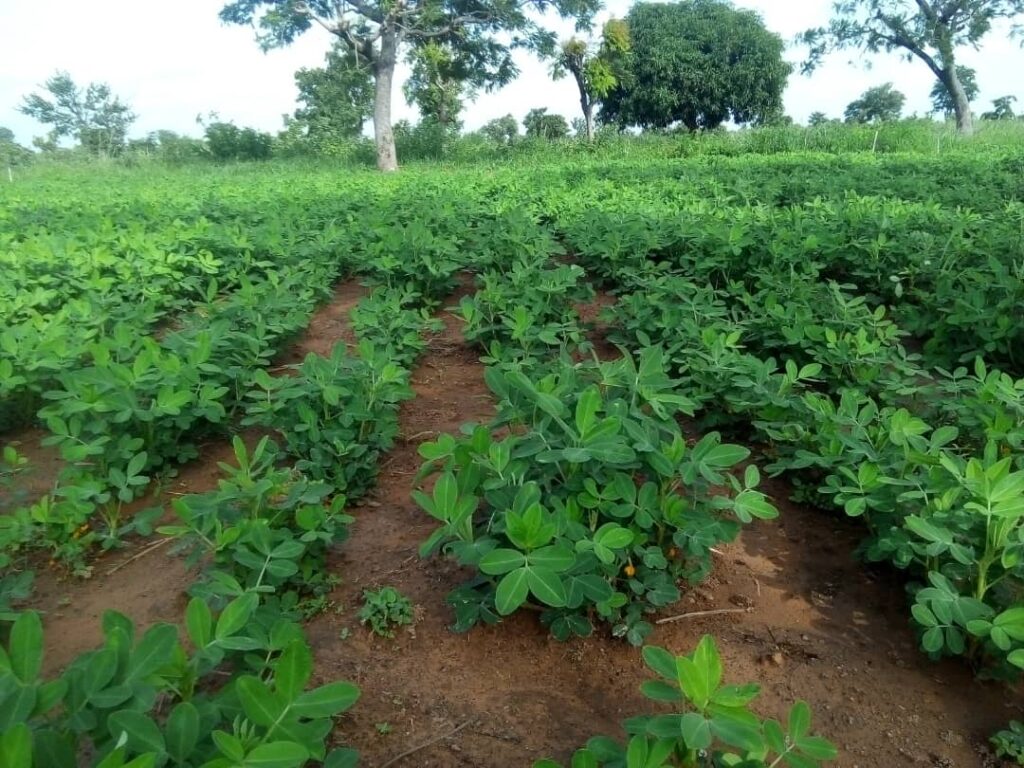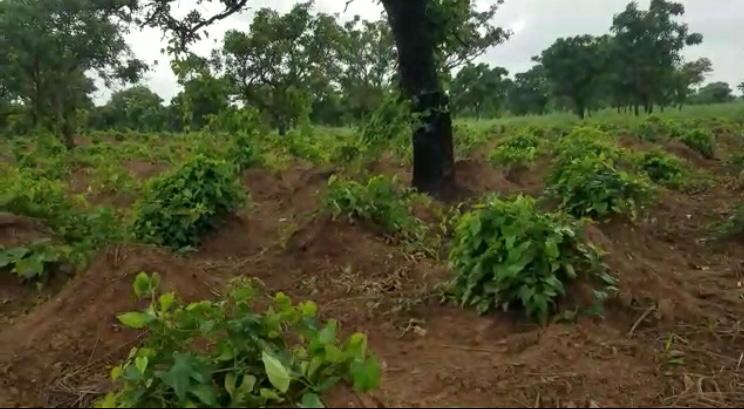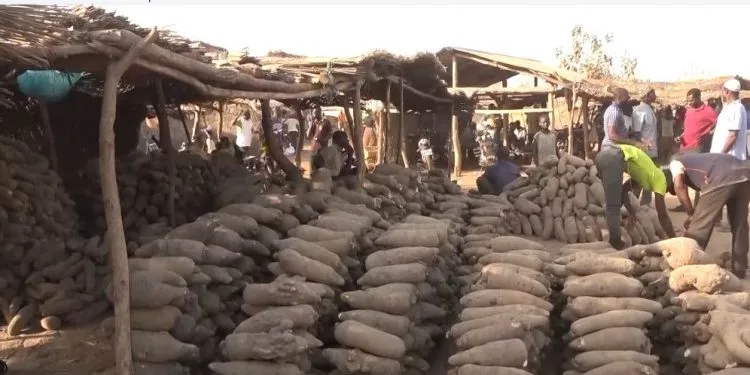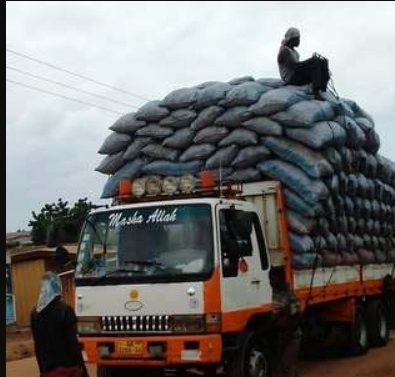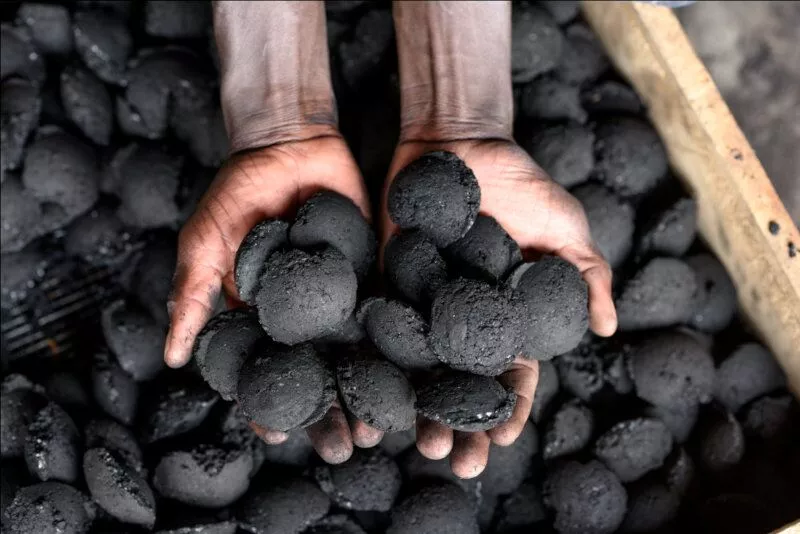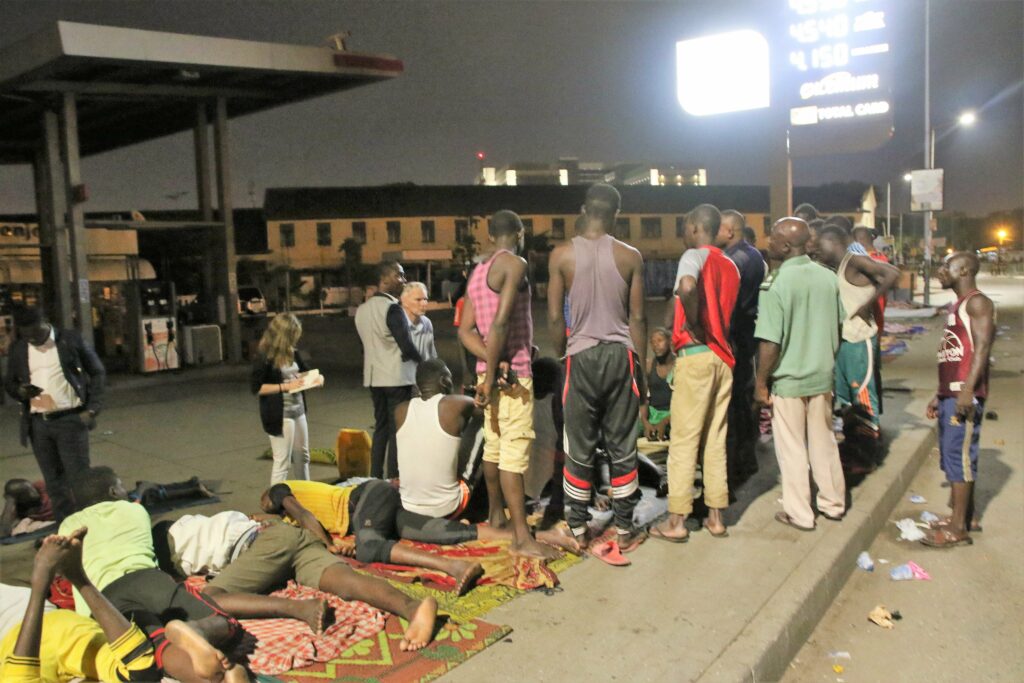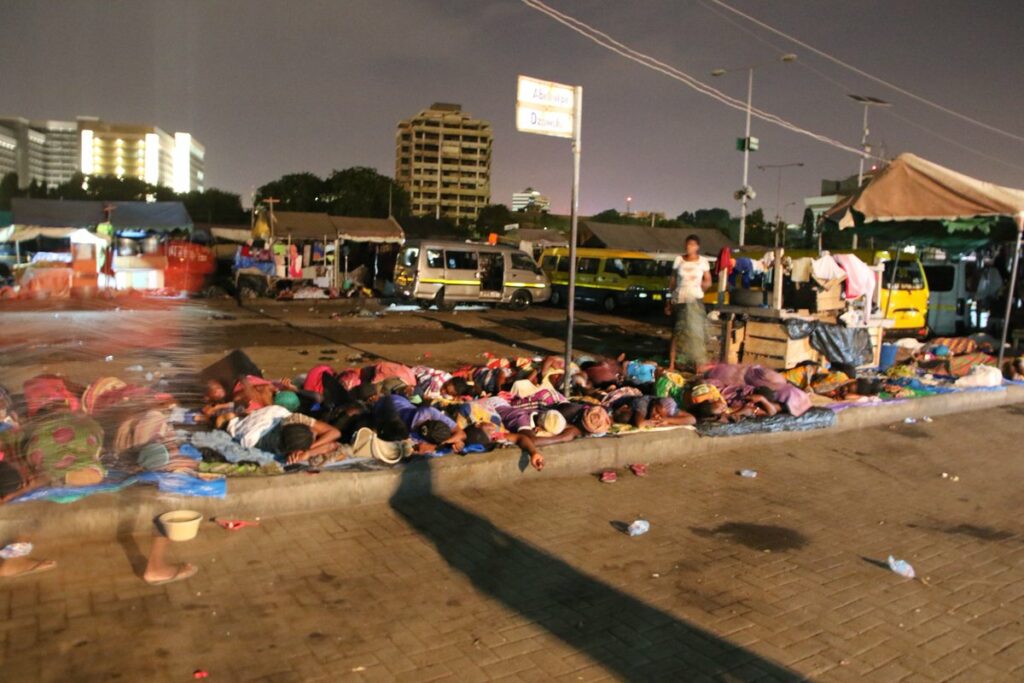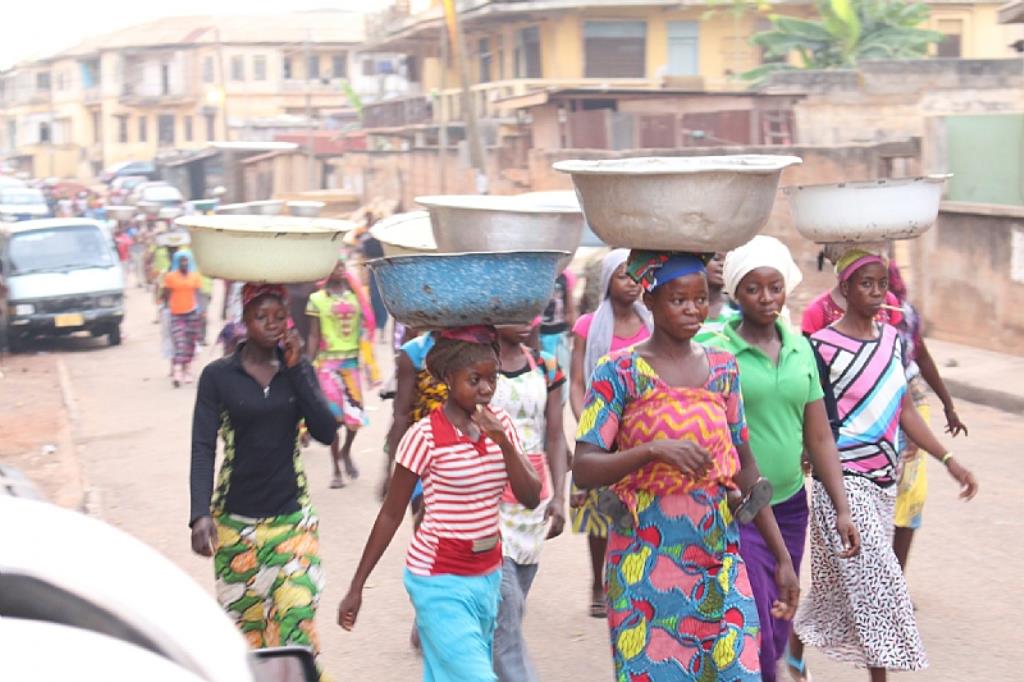About Us
We are a social enterprise based in Northern Ghana. We focus on assisting local farmers, artisans, and rural entrepreneurs to expand their enterprises by sharing ideas, providing technological services, and linking producers to buyers. Our objective is to create a fair economic opportunity for all to participate in the marketplace.
We believe that everyone has something to contribute to the main economy and that the solutions to the problems that plague our villages lie within those communities. Therefore, we do not believe in giving handouts to the poor but rather working with them to turn their problems into opportunities for business through innovative solutions. Our role is to serve as the bridge between the modern and traditional ways by sharing new knowledge and refining existing ways to improve efficiency and monetary gains for rural dwellers.
VISION: To create a world in which everyone has a fair economic opportunity to participate in the marketplace.
MISSION: To keep children in school by creating and expanding rural enterprises so that parents can afford to pay for their children’s education.
What We Do
Agriculture as a business
Agriculture is the bulwark of the village economy. Every household engages in at least subsistence crop cultivation and livestock rearing. In most communities, the women specialize in vegetable and legume cultivation while the men focus on corn, root, and stem tubers. Our organization exploits this existing rich agricultural knowledge and the availability of land and labor in the communities to profit both men and women. To achieve this, we re-introduce agriculture as a business by building the capacity of the farmers to increase their farms, add value to their produce, and link them to buyers.
Climate-friendly alternatives
Sustainable agriculture requires fertile land and a good climate. Therefore, we focus on protecting the soil and vegetation against bad farming practices and excessive logging for fuelwood and charcoal. By providing alternatives energy and supplementary sources of income, we can end excessive logging for fuelwood and charcoal in Northern Ghana, which is already at risk of desertification. We introduce hydroponics as an alternative to rain-fed agriculture which allows women to grow vegetables all year round to supplement the household income. We try to replace inorganic fertilizers with compost from kitchen and livestock waste. Lastly, we train women on how to make charcoal briquettes from dry stalks of corn and cow dung to provide energy for the household.
Choice migration
Migration is inevitable in a global world. However, in Ghana, the internal migration from rural areas to urban centers is a serious problem. This phenomenon is especially common among the youth from the rural parts of northern Ghana. Many children particularly girls as young as 8 years old are forced to migrate to the southern cities to engage in head porting popularly known as kayayei. Several interventions have been proposed and implemented, but so far the road not taken is solving the economic challenges that lead to the forced migration. We believe improving economies in the rural areas could put a serious dent in this crisis of young people fleeing to the cities in search for non-existent jobs. Thus, protecting and keeping children in school, curb exploitation of labor, avoid unwanted pregnancies, and other health problems migrants faced in urban centers.

